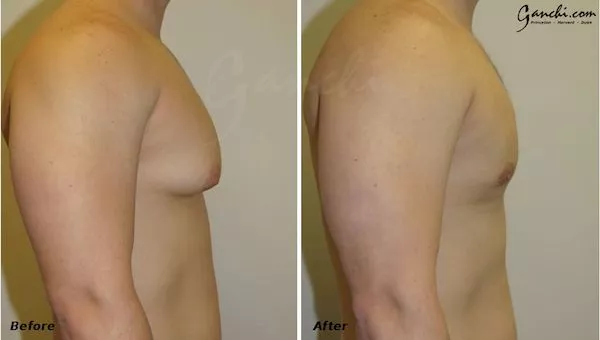“Man boobs” also known as Gynecomastia, is a common condition in males in which the breast tissue swells or increases due to a hormone imbalance. While diet, exercise, medication, and lifestyle choices can help the reduction of large breasts, surgery is typically necessary to remove the excess fat and breast gland tissue in the chest. In most cases, the development of breast tissue in a man’s chest has very few physiological complications but the physiological and emotional challenges can greatly affect the individual.
Hormones Associated With Breast Development in Men
Estrogen is predominantly a female hormone, but males also produce this hormone in small amounts. In the female body, estrogen is the main sex hormone that contributes to the reproductive system including the development of breasts. Thus an increase of estrogen in a man’s body can cause breast tissue to grow.
Testosterone, the main sex hormone in males, is responsible for the development of the reproductive system in a man’s body. Beyond developing the prostate and testes, testosterone is also responsible for the growth and development of hair, bone, and muscle mass. The decrease in the body’s production of testosterone, especially in aging men, can also lead to the onset of breast development in a man’s chest. There are numerous reasons why a man may be experiencing a fluctuation of hormones in his body.
Hormone Imbalance
Surprisingly, breast tissue can grow on any age male. Infants, all the way to geriatric men, have been diagnosed and treated for this condition. A decrease in testosterone levels and an increase in the production of estrogen in the male body can be associated with internal as well as external factors. Several examples include but are not limited too:
- Puberty
- General Aging
- Consumption of Drugs and Alcohol
- Health Conditions such as Hyperthyroidism
- Medications such as anabolic Steroids

Man Boobs Removal Surgery
Psychological and Emotional Effects of Enlarged Male Breasts
Nearly 40 to 60 percent of males suffer from gynecomastia at some point in their life. The breast tissue enlarges and can become sore and swollen. Sometimes there may be a leaky discharge from the nipples associated with some cases of enlarged breasts. While there are no severe physical concerns, the emotional effects of gynecomastia can be devastating.
The Development of Breast Tissue in Young Men During Puberty
Many young men experience mild to moderate enlarged breasts during puberty. The development of “breast buds” in boys, similar to what a young girl is developing during puberty, is not uncommon. A natural imbalance of hormones levels during this stage in life is fairly typical and can cause temporary growth of breast tissue which often self corrects within six months to three years.
Gynecomastia can wreak havoc in a young man’s life. Avoiding social settings, lack of interest in school, loss of friendships, and fear of dating can be a result of psychological issues that stem from having man boobs. Activities of daily life like swimming, going to the beach, working out, or playing sports may cause great emotional turmoil for a teenager with this condition.
Most cases of pubescent man boobs resolve themselves by the late teenage years, however, this is a crucial time for the emotional development of a young man. If your teenager is depressed and shying away from social settings because of this physical condition, you may want to seek medical advice from a trained specialist to assess your options. Having a simple breast fat and breast gland removal procedure may save your child from years of embarrassment and depression that could ultimately affect him for the rest of his life.
Male Breast Fat (Pseudo-Gynecomastia) in Aging Populations
While men in their 20’s, 30’s, and 40’s can develop breast fat with or without breast gland, the most common age bracket of men affected is somewhere between 50 and 69 years of age. No matter how young or old one is, embarrassment and low self-esteem, as a result of man boobs, can alter how a person interacts with the world around him.
Having large male breasts can leave one feeling distracted in life. Something as simple as meeting new people or going for a hike may have him focused on his physical condition that has developed in his chest rather than just enjoying the moment. He may also notice that having to select clothing to hide his fatty chest rather than wearing his favorite style is not how he wants to go through the rest of his life.
Some men have found positive results in reducing their breast fat by changing their diet and regular exercise. Consulting a doctor about your medications and lifestyle choices that may contribute to fatty breasts is an important step in addressing the issue. Male chest fat and breast gland removal surgery is an effective way to eliminate gynecomastia and give you back the confidence you desire.
Male Chest Surgery in Wayne, NJ
The most effective solution for enlarged breasts is to have male breast fat removal surgery. According to the American Society for Aesthetic Plastic Surgery, both teenagers and adult men can pursue this procedure as an effective and safe way to remove excess glandular tissue. Modern technology allows an individual to have immediate results with minimal scarring and a quick recovery time.
Liposuction is usually included in the male breast reduction procedure to create a more masculine chest. Male chest surgery can be performed under general, sedation or local anesthesia and is a successful and safe way to achieve a firm, flatter chest. If you suffer from the emotional effects of ‘man boobs’ you may want to research a plastic surgeon and restore your confidence.
Selecting A Surgeon in Wayne, NJ
While chest surgery for men is common practice, selecting the right cosmetic surgeon is important to get the results you want. First, look for a skilled surgeon who is certified by the American Board of Plastic Surgery and a member of the American Society for Aesthetic Plastic Surgery. In addition to training and experience, chose a surgeon you are compatible with in a professional manner.
Be sure to ask plenty of questions regarding how many surgeries of this particular procedure they have completed. Candidates for male breast fat removal and breast gland removal can also ask to see photographic documentation of the surgeon’s work. Each plastic surgeon may have their own cosmetic “style” and you want to do your research prior to undergoing the surgery. You may feel most comfortable with a surgeon who performs male breast reduction surgery as part of their daily practice or you may choose the surgeon whose cosmetic aesthetic you like the best.
It is important to express your concerns and collect as much information as possible during the consultation or interviewing process. Provide your potential surgeon with all your family and medical history so they can best serve you. Do not leave out any pertinent details concerning your personal situation as it may affect your desired results.
Schedule an Appointment
Choosing to undergo cosmetic surgery to have male chest fat removed can be temporarily straining on your psyche. But choosing not to have surgery at all may cause a lifetime of strain.Your confidence can be regained and you can live your life with greater ease as a result of male chest surgery. If anything, you may be asking yourself why didn’t I do this sooner. Do yourself a favor and schedule an appointment with Dr. Ganchi to see if he is right for you. You have nothing to lose.
